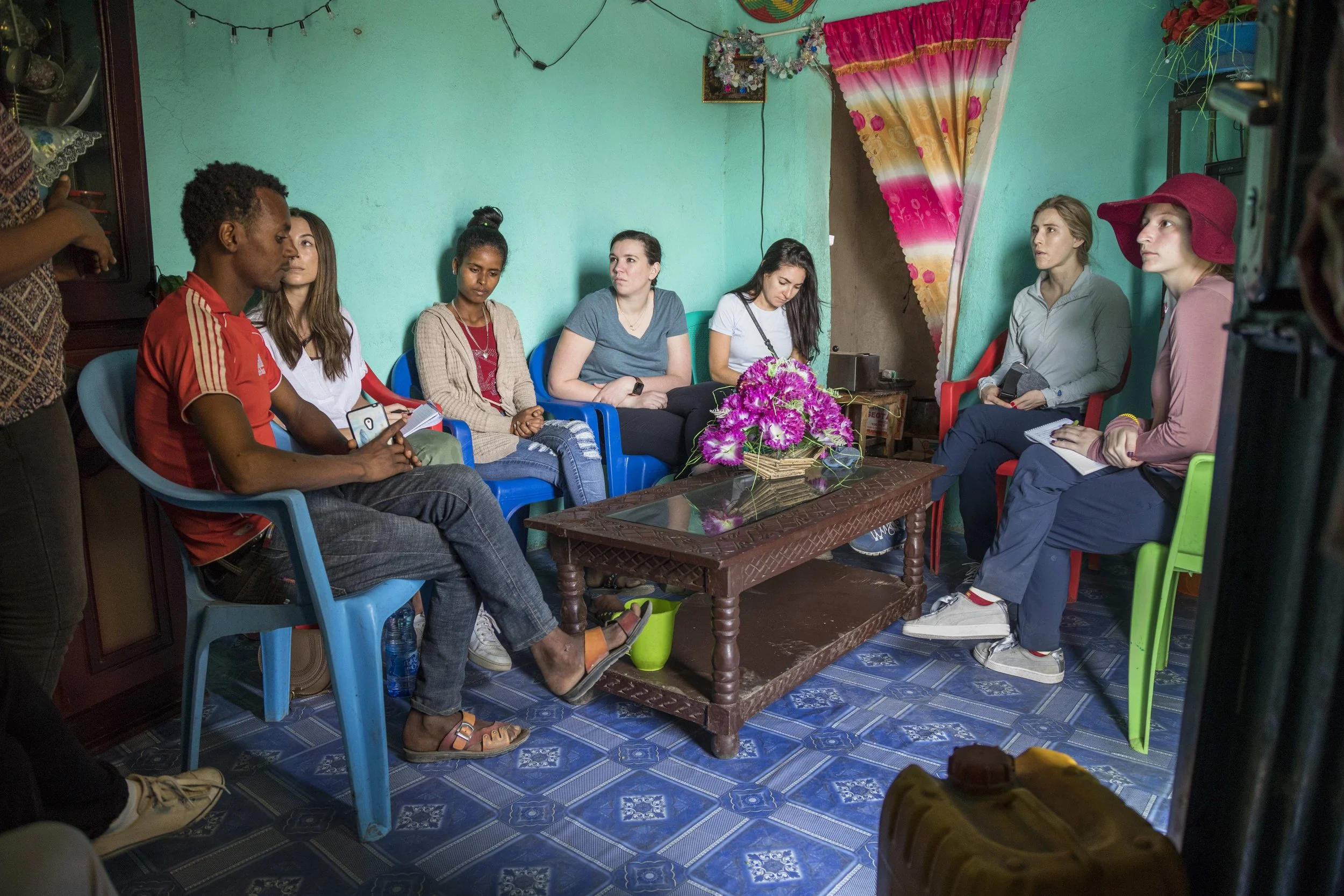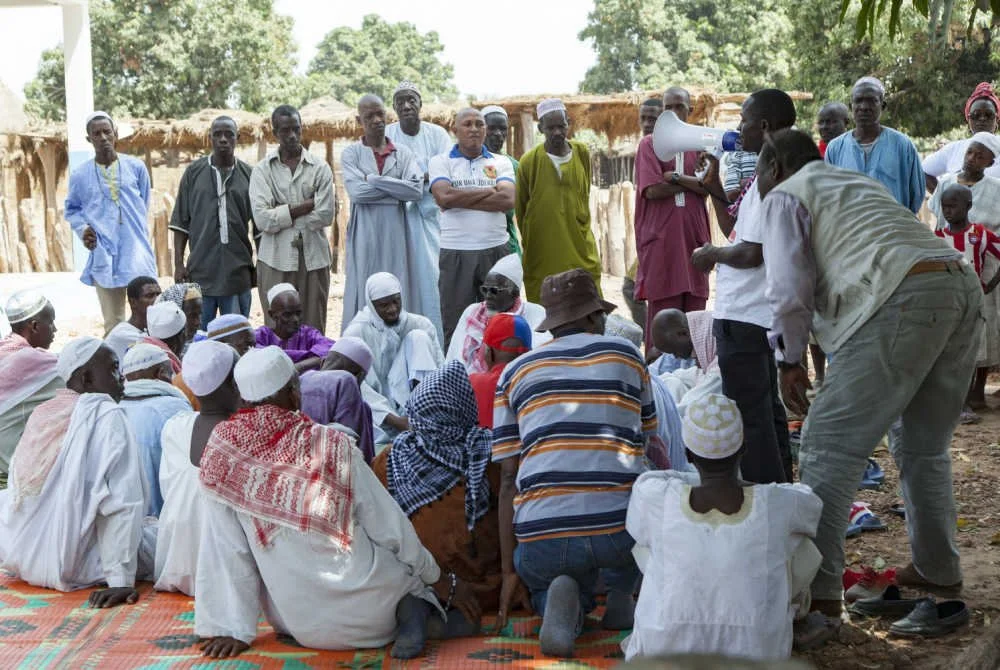Data Drive: Behind the Gates Foundation's Latest Big Investment to Reduce Child Mortality
/More than 5 million children under age five died in 2017, the majority in Africa, according to the World Health Organization (WHO).
No private funder has been more dialed into this ongoing tragedy than the Bill & Melinda Gates Foundation. In fact, it was learning about Africa’s high child mortality rates in the 1990s that first spurred the couple’s entry into large-scale philanthropy. To address this problem, their foundation most recently awarded $180 million to the Child Health and Mortality Prevention Surveillance (CHAMPS) network. This brings Gates’ total investment in CHAMPS to $271 million—not an insignificant chunk of its annual $4 billion in grantmaking.
Launched in 2015 and based at the Emory Global Health Institute, CHAMPS collects and analyzes data on the causes of deaths of children under age five in seven countries where child mortality rates are highest—Bangladesh, Ethiopia, Kenya, Mali, Mozambique, Sierra Leone and South Africa.
A Deficit of Data?
This grant fits into a larger trend in global health philanthropy: funding data projects to improve public health in low- and middle-income countries. The Gates Foundation has invested in several other health data initiatives, including grants totaling nearly $400 million since 2007 to the University of Washington’s Institute for Health Metrics and Evaluation, now the preeminent source for global health statistics. Bloomberg Philanthropies has also invested more than $100 million in its Data for Health initiative, which aims to learn more about the causes of death in poorer countries.
But is it really true that we don’t know enough about the causes of child deaths globally? According to the WHO, which also receives a significant portion of Gates’ funds, the leading causes of deaths of children under five are pneumonia, diarrhea, maternal and child undernutrition, malaria and preterm birth complications. The WHO doesn’t seem uncertain about causes. More importantly, the treatments for all of these are also well-known and widely available in wealthy northern countries.
But to CHAMPS, things aren’t so simple. “Today, in the year 2019, our current understanding of what is killing people in low- or middle-income countries is very poor,” Quique Bassat, CHAMPS co-site director in Manhiça, Mozambique, has said. “If somebody gets really sick in a rural area of sub-Saharan Africa, the probabilities that this person will die without accessing the health system or being visited by a clinician are very high. As a result, we have very patchy understanding of what is killing people.”
Bill Gates said something similar in a 2017 interview with Geekwire: “Some of these early deaths, we don’t know much at all. Was there an infection there? Is there some new tool—an antibiotic, a vaccine—that could have saved that child’s life?”
In explaining his own push for better global health data, Michael Bloomberg noted that 65 percent of deaths in the world go unrecorded every year, meaning that as tens of millions of people are dying, public health authorities don’t know the exact cause of death—and as a consequence, don’t know which interventions to prioritize to save lives. “Reliable data is absolutely essential to problem solving,” Bloomberg said, “and nowhere is it more important than in public health.”
This same axiom guides CHAMPS. By generating and sharing more precise data on deaths of children under five in the regions where it works—South Asia and Sub-Saharan Africa—CHAMPS believes it can help communities prioritize interventions that prevent both illness and death. Now, as the Gates Foundation doubles down in its support, CHAMPS will have more resources than ever to test that conviction.
Still, it is worth considering whether the money spent by foundations on health data gathering might be better spent on actions to save lives now. With millions of children dying every year, do we really need to funnel more grant dollars to researchers and policy wonks—given how much we already know about the causes of child deaths and how to prevent them?
Decolonizing Global Health
Continuing to invest heavily in health data initiatives based in the Global North could also fuel a backlash against Northern global health expertise. According to this New York Times article, health workers fighting the current Ebola outbreak in the Democratic Republic of the Congo (DRC) are now being attacked by community members, and one of the reasons is a growing resentment toward the international health experts who are driven around in fancy SUVs and paid high salaries.
These types of concerns are fueling a discussion among health researchers and activists about “decolonizing” the field of global health. Some of the emerging ideas include giving developing countries more space to set their own health priorities and funding research institutes based in the Global South.
CHAMPS appears to be attuned these concerns, saying that it seeks to empower local health authorities and other key stakeholders. It also stresses that the kind of data it’s gathering is “invaluable to families and communities searching for answers as to why their babies and children died.”







































